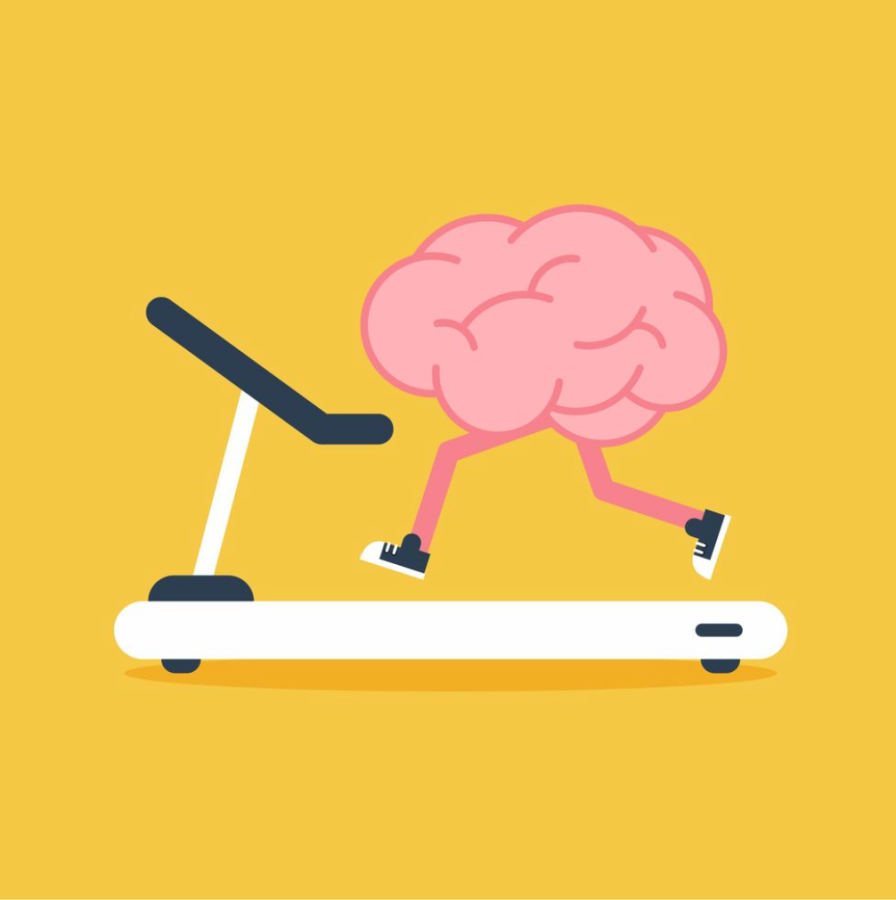The Mental Benefits of Running
Since the outbreak of the Covid-19 pandemic in 2020, Americans have been facing an ongoing mental health crisis. Continuing grief over family members lost during the pandemic, as well as recent trends such as the presence of inflation in the economy and the mounting destruction caused by Hurricane Ian, have prompted feelings of loneliness and financial stress. This has resulted in an increased use of antidepressant medications and psychotherapy, but there is one treatment free and accessible to all that many Americans have overlooked: running.
Studies show that running daily for at least ten minutes, particularly outside, significantly lessens feelings of anxiety through the release of endorphins and serotonin, and is in some cases as effective as antidepressants. This feeling of euphoria is commonly known as “runner’s high.” Running has also been seen to deliver a prolonged feeling of calm by causing our brains to release neuropeptide Y, a hormone that can help soothe an anxious amygdala, the part of the brain that recognizes danger.
Running can also help alleviate feelings of sadness and depression. In an interview with New York Times writer Gretchen Reynolds, Jennifer Heisz, the director of the NeuroFit Lab at McMaster University, explains that depression is often blamed on a lack of serotonin in the brain, a problem that most people treat with antidepressants such as SSRIs. However, feelings of depression have recently been linked to stress-induced inflammation in the body, prompting researchers to assess other treatments, such as running.
“The inflammation starts to damage cells in the body, inducing an immune response and increasing inflammation, which can then get into the brain, affecting mood,” says Heisz. “For those people, exercise may be the medicine they need, because it helps fight the inflammation.”
So, how hard should you run? Studies show that when it comes to feeling the mental benefits, low-intensity running sustained over time is best. As someone who struggles with anxiety, I run everyday for at least 20 minutes at a moderate intensity. This type of exercise is known to stimulate the release of neurotrophic factors, which are proteins that help our nerve cells grow and create new neural pathways.
“In people who are depressed, neuroscientists have noticed that the hippocampus in the brain – the region that helps regulate mood – is smaller,” says Dr. Michael Craig Miller, assistant professor of psychiatry at Harvard Medical School in an interview with Harvard Health Publishing. “Exercise supports nerve cell growth in the hippocampus, improving nerve cell connections, which helps relieve depression.”
If you’re struggling with anxiety or depression, it’s easy to feel hopeless and even less motivated to exercise than the average individual. However, there is a possible solution in sight: get up, put on a pair of sneakers, and start running.











